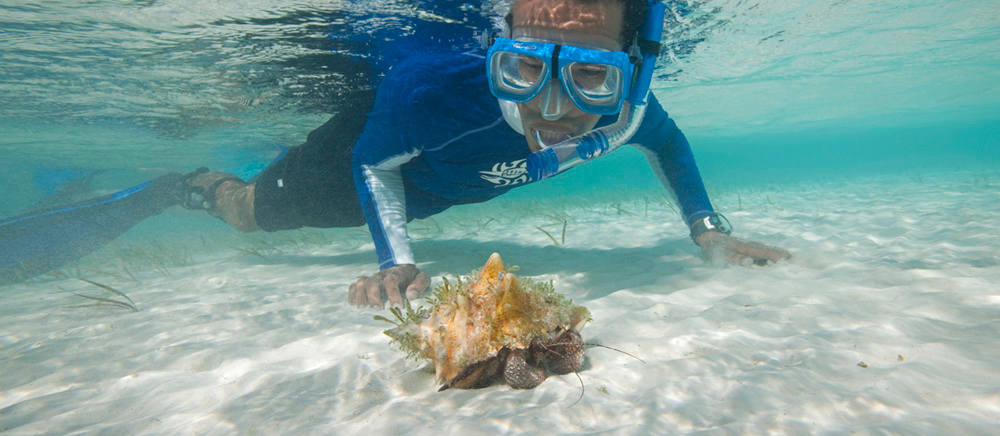Stakeholder driven process to map ocean wealth
[et_pb_section admin_label=”section”][et_pb_row admin_label=”row” make_fullwidth=”off” use_custom_width=”off” width_unit=”on” use_custom_gutter=”off” padding_mobile=”off” allow_player_pause=”off” parallax=”off” parallax_method=”off” make_equal=”off” parallax_1=”off” parallax_method_1=”off” column_padding_mobile=”on”][et_pb_column type=”4_4″][et_pb_text admin_label=”Main Content” background_layout=”light” text_orientation=”left” use_border_color=”off” border_color=”#ffffff” border_style=”solid”]
Barbados, a sovereign island country in the Caribbean, is home to a rich diversity of ocean life and coastal habitats. The coastal region is the country’s largest economic asset and represents the source of sustenance, inspiration, economic prosperity, recreation, and cultural heritage for the Barbadians. The tourism industry, which accounts for over 40% of employment and GDP in Barbados, is heavily dependent on a sustainably managed marine and coastal environment.
Yet, Barbados faces a number of challenges in systematically managing coastal resources and risks in the face of a changing climate, including access to coastal risk information and developing comprehensive, integrated approaches for development decisions that affect the coast. To date, the government of Barbados has lacked the capacity and tools needed to assess economic trade‐offs among various coastal and marine uses.
West Virginia‐based Downstream Strategies (DS) and partners including the Natural Capital Project (NatCap), the World Wildlife Fund (WWF), and The Nature Conservancy (TNC) are supporting coastal management efforts in Barbados through a consultancy with the Inter‐American Development Bank (IDB). In collaboration with the IDB and the Barbados Coastal Zone Management Unit (CZMU), the project aims to:
- Integrate nature’s values into coastal planning and management in Barbados
- Strengthen the capacity of CZMU to map and value ecosystem services
- Identify pathways for future coastal investment that incorporate climate impacts and the value of Barbados’s ecosystem services (coastal erosion reduction provided by coral reefs, water quality improvements from forestlands within the coastal watershed, and tourism opportunities provided by beaches)
Over twelve months, the project team will lead a stakeholder‐driven process to identify, prioritize, map, and estimate the economic value of present and potential future ecosystem services in Barbados and build capacity in ecosystem-service analysis with custom analysis tools. Ben Gilmer, the project manager, notes that, “This initiative responds to the challenges in Barbados by incorporating information about nature’s values and coastal risks into the updating of the national integrated coastal zone management plan while enhancing capacity for continued resilient and sustainable development.”
For more information contact the Caribbean Mapping Ocean Wealth Team
[/et_pb_text][/et_pb_column][/et_pb_row][/et_pb_section]


